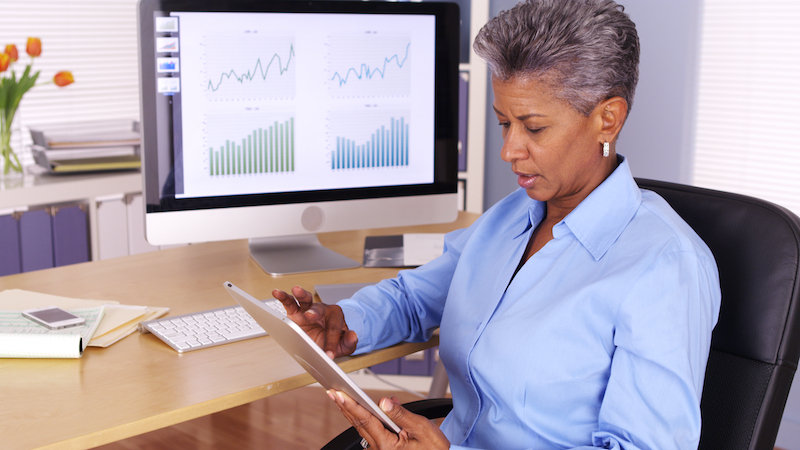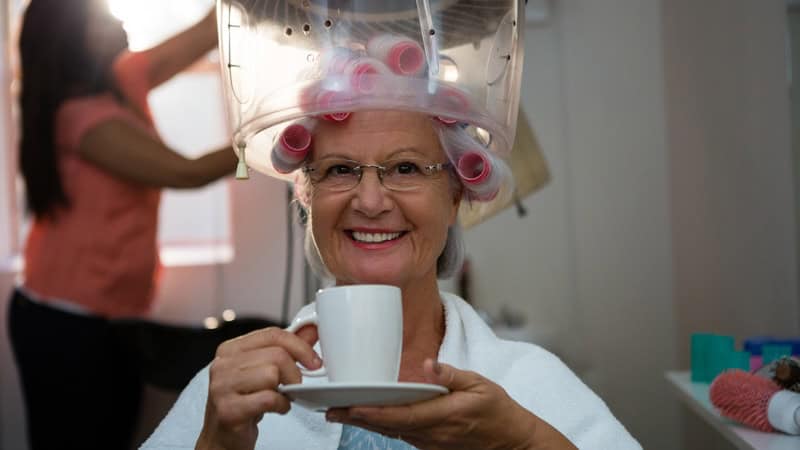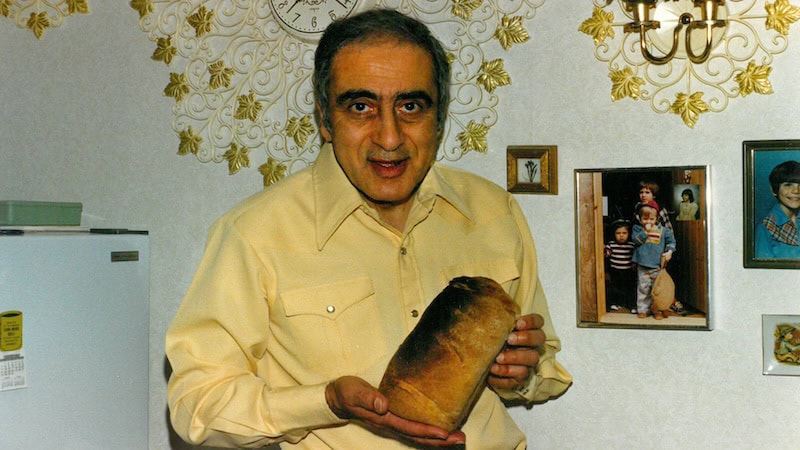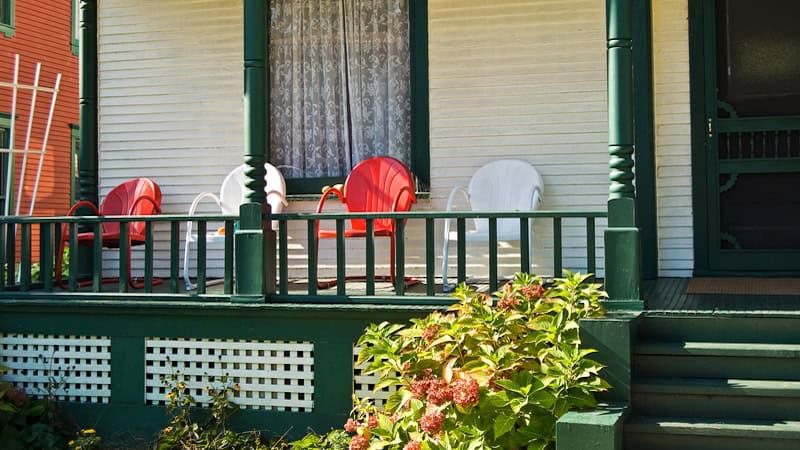Boomers and Ageism
Getting to or at “that age”

Ageism. The word seems to be everywhere lately. Is it because boomers are getting to or at “that age”? After all, almost a quarter of the U.S. population can be defined as baby boomers.
As a result of hearing this word I feel worried. And now I have this weird new habit. I find myself always Googling people’s ages. I don’t do it to feel better about myself or to put anyone down or even for entertainment. I do it because I want proof of people still professionally viable after 50. I find that when I hear an older commentator or an actor or anyone I am listening to on TV whom I admire, I immediately Google their ages. I do this because I applaud the fact that they are still making themselves relevant, and I stand back and watch how people still value them.
Still going strong
Take newsman Chris Wallace, for example. He is 74 years old and has just changed jobs from Fox to CNN and is creating a new career with a new network. Older females are a particular fascination. Speaker of the House Nancy Pelosi is 81 and still so strong in her role. Dame Judi Dench is 87 and was nominated for an Oscar for her in Belfast (2021). And even Queen Elizabeth is 95 years old, and needs no further substantiations! Powerful women. Smart women. Worldly women. And still quite relevant in their careers or birthright.
Problems with pay and gray for Hollywood women
I realize that those are extreme examples, and you may still be wondering why I find this bizarre exercise interesting. I mean, come on! Everyone gets old right? Well, it may have to do with the fact that I am feeling my age lately. And by that I don’t mean that I physically feel 60. To the contrary, I feel more like 45. But for the first time in my career, I am seeing the veils of ageism. I am seeing the marginalization, the invisibility, the silencing, the disqualifying and, of course, being a woman you feel it in other ways, too. I see it mostly by the male leaders in powerful positions who are actually the same age and who look at a woman like she is just another chair in the room. No input is requested or even needed. And if it is sought, don’t expect that they will actually hear what you are recommending.
Well, that’s been my experience lately anyway. And I honestly never thought I would feel this way. I have always been pretty high energy, and I have been told I look younger than my age forever. I have to say I am actually kind of in shock by the frequency of what I am seeing happening to women around me. And it isn’t delivered by just men. Women like to participate in this behavior, too. I saw this happen to the older women in my office as I was growing up in my career. But I always assumed it was because they were not performing or some other such reason. I never really considered that it was they’re being the recipients of an ageism campaign.
I have been working since I was 16 years old. You do the math at the experience that gives me. I have a career I love. And I am good at what I do. I sit on industry boards and my expertise is sought by other professionals in my business. And many of my colleagues are as active as I am and yet feeling the same invisibilities I have witnessed and experienced.
It seems that we are making advancements in gay rights and civil rights and inching our way further in women’s rights via the “Me Too” movement. But this ageism thing is still a thing. If you speak up in the workplace, you are looked at as a complainer. I recently heard someone criticizing an industry colleague regarding a business challenge. This colleague really cares about her job and wanted to share a perspective and a possible solution, all based on her experience. However, the only question that the person criticizing her had was, “When is she going to retire?”
Insights on ageism from the Aging Adventurer
The actress Frances McDormand once said that ageism is a cultural illness; it’s not a personal illness. She turned 64 years old in 2021, the same year she won her fourth Oscar, third Golden Globe, and fifth Critics’ Choice Movie Award (among other awards). I think she has proven that she is still quite talented and even more relevant. The corporate ethos does indeed play a significant role and perhaps are suffering from a cultural illness still in the year 2022. Leadership cultures have a lot to do with that as well.
Is there a way forward?
So how do those of us who are still working find a sense of security and peace in knowing they will not be targeted for ageism actions?
In thinking about this I have concluded that it is indeed a corporate behavior and not so much what Americans believe. After all, the past two Presidents of the United States were men in their 70s! These were men elected by the people of the United States, so I have to believe age isn’t as important to the people in general as it is to the leaders in the American workplace.
And yet, I don’t really have an answer to my question about how we can protect ourselves from ageism. But what I think I can do is make sure that in my teaching and mentoring the younger work force, when I see actions or hear comments that slight someone for being older, I will stop and correct them in their place. I will talk about the value and wisdom of the older workforce to college students that I regularly speak to. I will place seeds to create a kinder and smarter foundation. Young people are entering the workforce with broader acceptances already. This is going to be another one they can add to that. After all, they will be in this category one day, too. And if we can eliminate this archaic behavior, we will have made our world better and smarter for future generations. And no one will feel compelled to write an article about this ever again.


